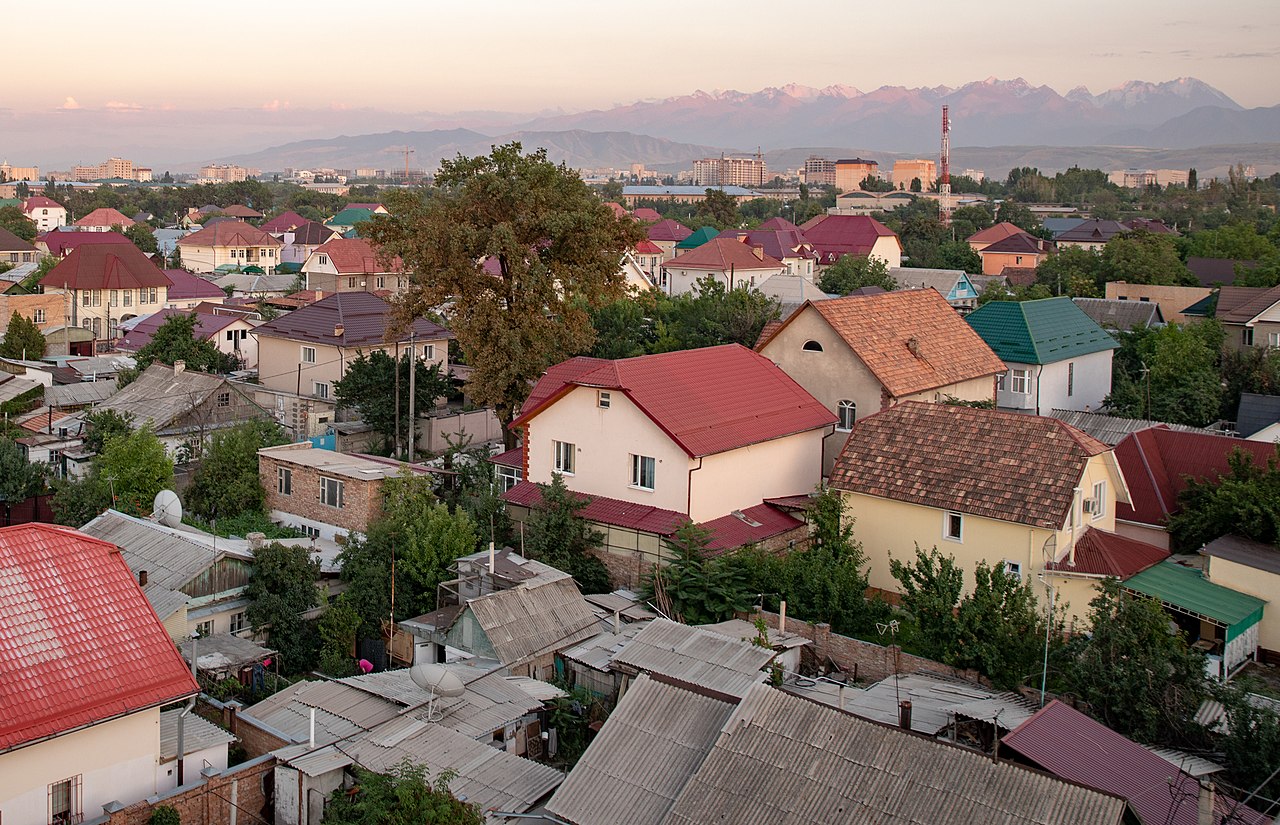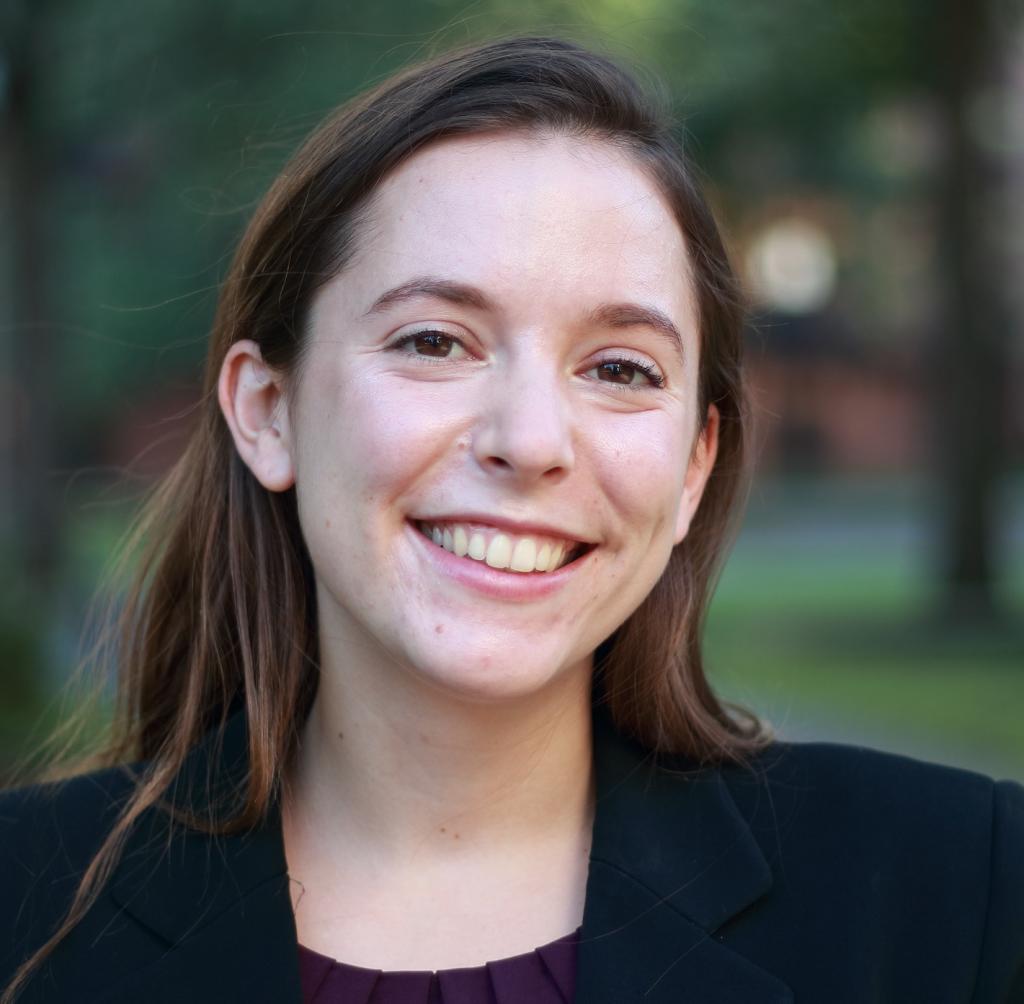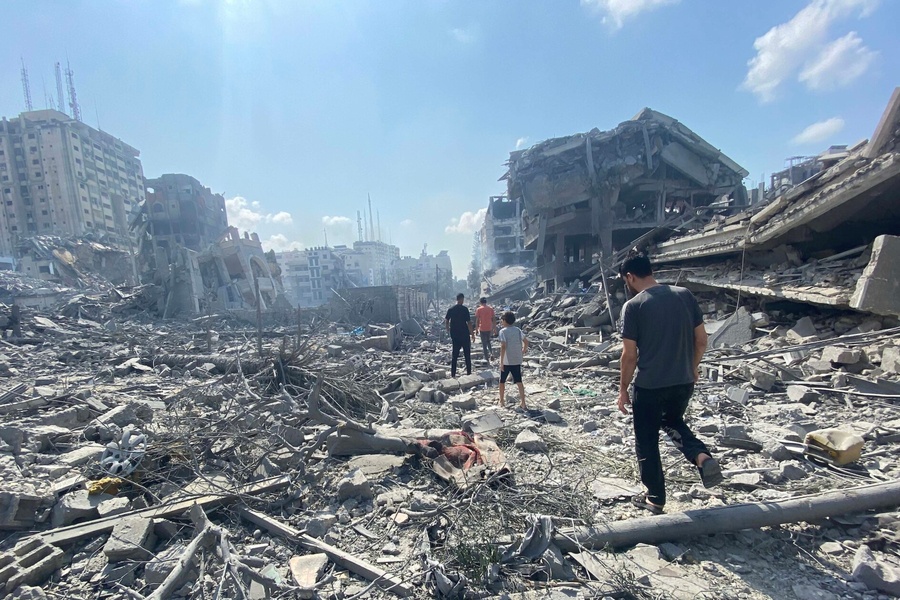Understanding the Political Crisis in Kyrgyzstan
Contested parliamentary elections have sparked a wave of civil unrest, and control of the country’s government remains in flux.

Published by The Lawfare Institute
in Cooperation With

As dawn broke on Oct. 6 in Bishkek, the Kyrgyz capital, it was unclear who was running the country. Thousands of protestors had taken to the streets the previous day to protest the results of a parliamentary election widely viewed as fraudulent, which shut opposition parties out of government for the first time in Kyrgyzstan’s history. Photos from the city’s central Ala-Too Square show a sea of people holding up their cell phone flashlights. Later in the evening of Oct. 6, protests turned violent, with police using flash bombs and rubber bullets against protestors; more than 500 injuries were reported, along with at least one death. Demonstrators overtook state security guards and broke into the White House, Kyrgyzstan’s parliamentary building, where they were photographed drinking tea in ransacked government offices.
Three days later, after tumultuous protests continued around the country, President Sooronbay Jeenbekov bowed to the pressures of protestors and indicated his willingness to resign. Jeenbekov, in a statement, signaled that he is prepared to step down as president as soon as “legitimate heads of the executive authorities are approved and the country takes the path of legitimacy” and committed to maintaining peace and tranquility in the country.
Background
Kyrgyzstan is a mountainous country of 6.5 million people tucked between China and Kazakhstan in Central Asia. Colonized by the Russian Empire in the 19th century, the country gained its independence after the fall of the Soviet Union in 1991. Kyrgyzstan is one of the poorest countries in Central Asia, but also the region’s only true democracy—Jeenbekov came to power in a 2017 election in which he won only 55 percent of the vote, unlike the leaders of neighboring Tajikistan and Turkmenistan who have held onto power with sham elections. Economic and political ties between Kyrgyzstan and Russia remain strong: Russian is still the lingua franca of business and of the capital city, while Kyrgyz language predominates in the country’s rural areas and its second-largest city, Osh. Russia has a large presence in Kyrgyzstan and maintains a military base there.
The current unrest is not the first or even the second time that popular forces have propelled regime change in Kyrgyzstan. In the 29 years since Kyrgyzstan’s independence, there have been two popular revolutions. The first was the “Tulip Revolution” of 2005, which ousted President Askar Akayev after growing discontentment about corruption in his government and a disputed parliamentary election in which opposition candidates were barred from appearing. Following the 2005 revolution, voters passed measures to switch Kyrgyzstan’s model of government from presidential to parliamentary.
Five years later, in 2010, waves of violent protests erupted that eventually toppled the presidency of Kurmanbek Bakiyev. The 2010 protests were sparked by perceptions of Bakiyev as corrupt, but also triggered waves of ethnic violence between ethic Kyrgyz and Uzbeks in the south of the country. Bakiyev eventually resigned and fled to Belarus. In 2014, he was tried in absentia and sentenced to life in prison.
This most recent upheaval stems from contested parliamentary elections that were held on Oct. 4. In the countryside, there were widespread reports of vote-buying and of irregularities. Kloop, a Kyrgyz news site, released several videos and reports purporting to show voters being paid for votes, with the going rate for a vote 2,000 kgs (about $25)—a significant sum in the current coronavirus-ravaged Kyrgyz economy. Among a crowded field of 16 parties, only four—all of which are loyal to the current government—crossed the 7 percent threshold of votes necessary for seats in parliament. The Birimdik (“Unity”) party, a newly formed party aligned with President Jeenbekov, came in first, as expected—but won more than 25 percent of the vote, well over the expected margin.
The anti-status-quo parties failed to present a united front in the parliamentary elections. Eleven parties participated, with the most popular being the social-democratic Respublika and the socialist Ata-Meken (“Fatherland”), which were shut out of parliament for the first time since 2005 with the results of these elections. But there is no single charismatic opposition leader, and no uniform platform. Opposition parties have positioned themselves against the corruption and cronyism that define the Kyrgyz elite, but many of their ranking members served in the discredited administrations of disgraced presidents Akayev or Bakiyev.
Shadowy influence and perceptions of corruption in politics also helped drive the protests. The Menekim Kyrgyzstan (“My Homeland Kyrgyzstan”) party, which is also loyal to Jeenbekov and came in second to Birimdik, is linked to Raimbek Matraimov—a former customs boss at the center of a money laundering scandal that broke in November 2019. Reporting by Radio Free Europe and the Organized Crime and Corruption Reporting Project uncovered hundreds of millions of dollars laundered from Kyrgyzstan through customs fraud. With Matraimov’s blessing, upward of $700 million of wholesale goods flowed into Kyrgyzstan’s bazaars from China and Turkey and proceeds flowed out, without passing through state taxes. Waves of protests broke out in Bishkek following the report’s release: protesters decried corruption and cronyism in the ruling elite, which they viewed as stealing from the public. Matraimov has not faced official charges and has denied all wrongdoing; he is viewed to this day as an influential player in Kyrgyz politics working behind the scenes.
The government’s botched response to the coronavirus pandemic has not endeared Kyrgyz leaders to the public. After the government’s initial lockdown restrictions were eased in May, coronavirus cases continued to rise in Kyrgyzstan, reaching their peak in July. Medical professionals were especially vulnerable to the disease, with hospitals and clinics struggling to obtain necessary personal protective equipment. After parliament failed to pass funding measures before taking its summer holiday, volunteers mobilized to supply and feed medical staff throughout the summer. Meanwhile, the initial shutdown in response to the pandemic dealt the Kyrgyz economy a serious blow without tamping down the virus enough to clear a way for a recovery in the summer. Remittances to Kyrgyzstan, which total more than $2 billion per year and account for nearly a third of Kyrgyzstan’s GDP, likewise dried up last spring as the coronavirus forced many Kyrgyz migrants living in Russia to stop working. The economic effects of the pandemic likely contributed to the levels of vote-selling; $25 is a significant sum in a country where even in normal times a public school teacher makes $100 a month.
After the Protests
On Oct. 6, following the night of violent protests, Kyrgyzstan’s Central Election Committee announced that it would vacate the results of the parliamentary elections and set Nov. 6 as the date for a new round of voting. The prime minister and speaker of the parliament both announced their resignations. The resignation of the prime minister creates a power vacuum and opportunity for the opposition; parliament has the power to appoint a new prime minister, who would be first in line to the presidency if Jeenbekov stepped down.
Opposition factions, however, have not been able to form a united front in choosing a new government. Two dueling councils have sprung up to nominate their proposed successor to Jeenbekov. First, a faction of the opposition parties formed a “coordinating council” and held meetings on Oct. 6 at the Dostuk Hotel in the center of Bishkek. Sadyr Japarov, a nationalist former member of parliament whom rioters released from jail, emerged from these meetings as nominee for prime minister. (In the same raid, protesters also freed Almazbek Atambaev, who served as president from 2011 to 2017.) Japarov had been serving an 11-year prison term on charges of kidnapping—which he claims are politically motivated—stemming from an unauthorized rally he led in the eastern city of Karakol in 2013.
Meanwhile, a second group of opposition party members calling themselves the People’s Coordinating Council gathered at a cinema in the city center to conduct their own nomination process. This faction, centered more around young people, accuse Japarov of being cut from the same cloth as Jeenbekov and previous leaders. They are jockeying for a political outsider to take control of the government. On Oct. 6, the council nominated Tilek Toktogaziev, a 29-year-old businessman with no experience in government. On Oct. 9, an overlapping group of leaders from the opposition parties Respublika, Reforma, Ata-Meken, and Bir Bol (“Togetherness”) nominated Omurbek Babanov, a businessman and Jeenbekov’s opponent in the 2017 presidential campaign, as prime minister, with Toktogaziev as vice prime minister.
On the afternoon of Oct. 9, supporters of Japarov clashed with supporters of Babanov in the center of Bishkek, with each claiming their candidate as the rightful nominee. Former president Atambaev was also present at the protests on Oct. 9, alongside Babanov’s supporters. (The Kyrgyz Constitution precludes him from serving more than one term as president.) Protesters threw rocks and there were reports of a shooting. Toktogaziev was hit in the head with a rock and was taken to the hospital unconscious. Although there have been some reports of looting in all areas of the city, the citizens of Bishkek have mobilized to form groups of “druzhniki” (citizen’s patrol) to protect businesses and critical infrastructure. Just before 5 p.m. Bishkek time on Friday, Jeenbekov, still speaking from an undisclosed location, declared a state of emergency. Over the weekend, a curfew was imposed and a military presence sprung up in the city, with armed checkpoints at several key arteries in Bishkek.
The standoff between the Japarov and Babanov camps reflects a greater divide in Kyrgyz society. Japarov is a nationalist with strong support in the southern and rural regions of the country. His jail sentence stems from a protest he held in 2013 demanding nationalization of the Canadian-owned Kumtor gold mine. In contrast, Babanov and Toktogaziev are businessmen who are more outward looking; during Babanov’s unsuccessful 2017 campaign for president, the candidate pledged to bring more outside investment into the country and strengthen the business sector. Babanov and Toktogaziev also draw more support from young voters raised in the post-Soviet era of independence and growing globalization. The two factions even differ in their use of language: Japarov’s rallies in Bishkek this week have been held largely in Kyrgyz, while Babanov and Toktogaziev speak to their supporters in Russian.
Notably, the unrest in Kyrgyzstan is also taking place in the midst of protests in Belarus—another former Soviet republic—over a contested presidential election in August. The protests in both countries are no doubt worrying for the Kremlin, which still considers the region of former satellites part of its geopolitical sphere of influence.
What form the Kyrgyz government takes in the next year depends on what happens in the short term. Jeenbekov’s announcement of his pending resignation seems to indicate that he intends to stay in power until a successor is appointed. Will he choose Japarov, who is an old hand at Kyrgyz politics, but who had been languishing in a state jail cell for the entirety of Jeenbekov’s time as president? Or Babanov, Jeenbekov’s former rival whom Jeenbekov threatened to throw in jail during the 2017 campaign? After the revolution in 2010, the opposition forces moved quickly to appoint Roza Otunbayeva, then foreign minister, as interim president until new elections were called a year later. The struggle for power between opposition forces now leaves no one clear successor. On Oct. 10, members of parliament gathered at Jeenbekov’s official residence and appeared to choose Japarov as prime minister—but debate still remains about whether Japorov’s criminal conviction renders him ineligible, and the announcement did nothing to stabilize the situation in Bishkek.
What will happen to Jeenbekov and members of his inner circle after his resignation also remains to be seen. Kyrgyzstan has had only five presidents since its independence: Among them, Akayev and Bakiev are currently living in self-imposed exile abroad and Atambayev was imprisoned until he was freed by protestors during the current unrest. Babanov likewise left for Russia immediately after his defeat in 2017, afraid that Jeenbekov’s government would arrest him if he stayed in Kyrgyzstan. Russian media reported on Oct. 6 that granting asylum to Jeenbekov is “not currently on the agenda” at the Kremlin. Whoever succeeds Jeenbekov will likely determine whether the current president will be welcome in Kyrgyzstan, or if he will need to follow the example set by his predecessors and depart the country for good.





